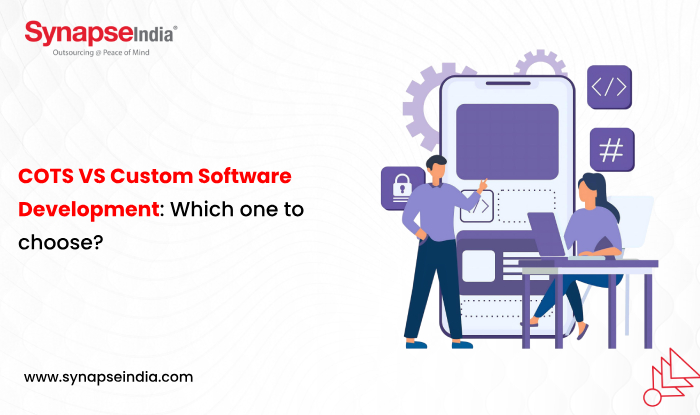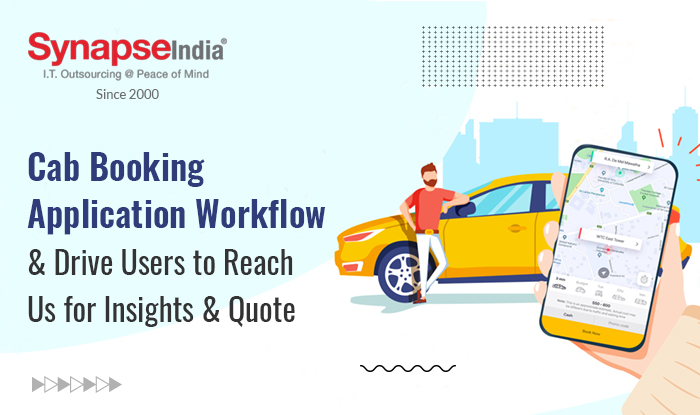 03 Nov 2016
03 Nov 2016
Commercial off the shelf software are the packaged software meant for the large audience with fundamentally similar requirements. For example, Adobe Photoshop is designed for the mass users as a complete solution that fits every user requirement. However, it does not serve any specific entry like a Custom software does. Customized Software involves the commissioning, development, and release of the software designed for a specific user or a business.
Custom Development is the development of the software for a particular user or a group within an organization or a business. Such software are used to fulfill the special or the additional functionality requirement in the entity which is not possible to get in the Commercial Off-the-Shelf software. These software are generally created for a specific enterprise on contract by a third party or developed in-house and do not possess the reselling rights.
The benefit of using a custom developed software is that it provides the features that a Commercial Off-the-Shelf can't. These applications are designed in such a way that can enhance the level of delivery and maximize the output. If there is a requirement of designing an application to increase the productivity, the cost is considered with an assurance of increased output. But if an organization has a unique requirement which is enough to warrant for custom software, then getting a customized solution rather than settling for an off the shelf application is a better decision.
While on the other end you can easily purchase the offset software application for bucks. Off the shelf software can afford a low price point because the cost is being distributed among many users wherein customized software application requires significantly more resources to design and thus comes the requirement of a high amount of investment and capital for the development of the software. When a company decides and finalizes to go with custom made software then it had to cover all the cost that is in the development process.
The off-the-shelf software have the leverage of getting used by multiple users whereas the custom software is created for only one user or a company. The risk associated with the custom software vary in accordance with the user being made for. The company which is purchasing must have an in-depth understanding of their needs and how they want the end products to address that need. The identification of the new requirements at the time of development is not uncommon, but requires additional cost as it demands extra time and efforts. The risk of frequent changes can result in scope creep as called in project management world and can result in an end product, different or insufficient to the original needs.
Hire top software developers in India with great expertise.
Selecting a company which offers best software devlopment services for your business is not that easy. Big companies or large scale enterprises mostly search for local companies to bid for work and then pick the one that offers the best of all prices in the market. So if you are in a phase of choosing whether to build or buy the application, SynapseIndia is ready to help you with all the aspects of Custom and Off-the-shelf development which fits in the terms of your organizational requirement.
Contact us to get the best eCommorce Solutions!
An application program created for sale to the overall population. Prepackaged software is intended to appeal to a huge crowd of users, and despite the fact that projects can be custom-made to a user's taste by setting different preferences, it can never be as individualized as custom-programmed software.
Three major categories of system software are as follows:
Yes, COTS support on any operating system. A COTS product is intended to be effectively installed and interoperable with existing system elements. Practically all software bought by the average computer client fits into the COTS classification - office product suits, operating system, word processors, and email programs are among the heap models.

 12 Aug 2022
12 Aug 2022
